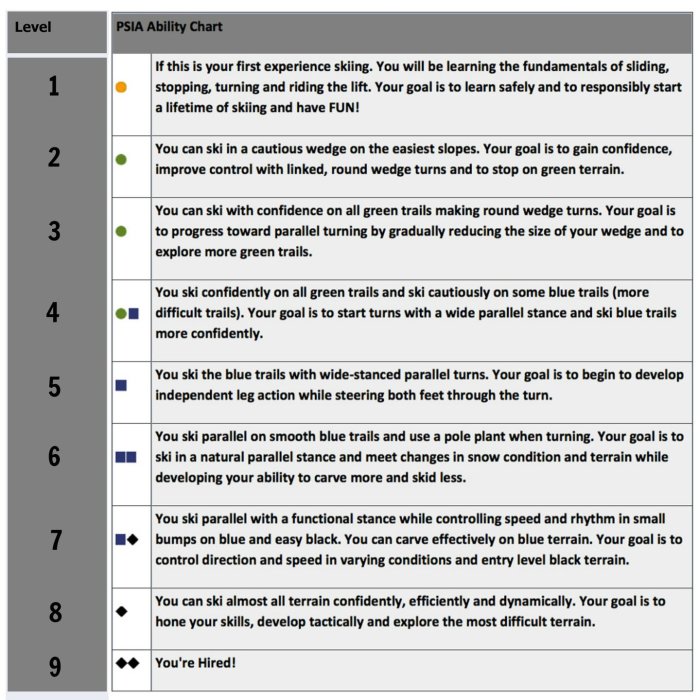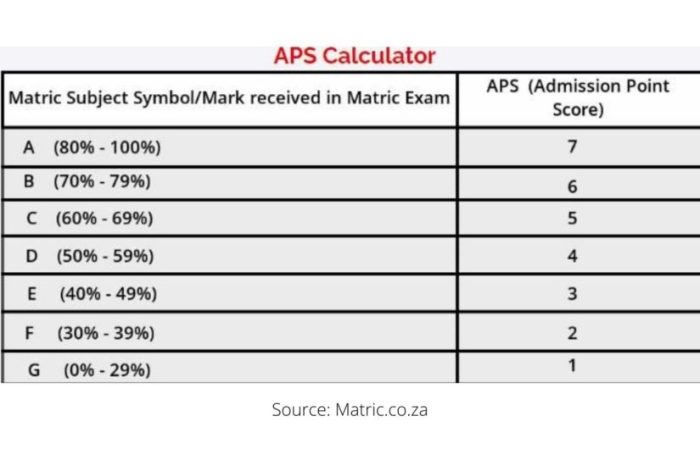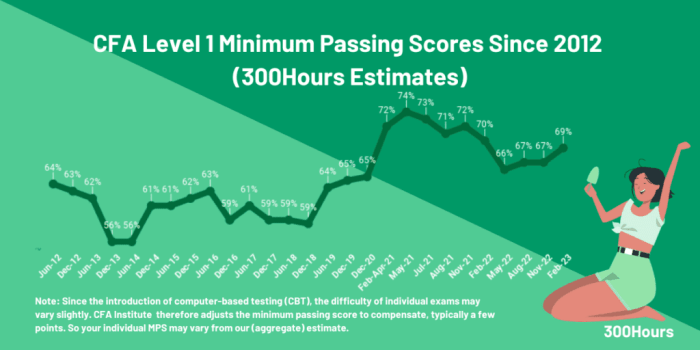Delving into the realm of Psia Level 1 pass rates, this discourse aims to unravel the significance of this metric and its profound impact on the skiing community. By delving into the factors that influence this rate and exploring effective strategies for improvement, we embark on a journey to elevate the performance and expertise of skiers across the globe.
The Psia Level 1 pass rate serves as a benchmark, a testament to the proficiency and knowledge of aspiring ski instructors. It not only reflects the quality of ski instruction but also underscores the dedication and commitment of those who strive to impart their passion for the sport.
Understanding Psia Level 1 Pass Rate

The Psia Level 1 pass rate is a measure of the percentage of candidates who pass the Psia Level 1 certification exam. This exam is designed to assess a candidate’s knowledge and skills in the field of snowsports instruction.
For those aiming to improve their PSIA Level 1 pass rate, brushing up on essential Excel skills can be a game-changer. Excel is an indispensable tool for data analysis and calculation, including the complex formulas often encountered in the PSIA exam.
Fortunately, How To Sum In Excel provides a comprehensive guide to mastering this fundamental Excel function, empowering you to tackle the PSIA exam with confidence.
The Psia Level 1 pass rate is an important indicator of the quality of snowsports instruction in a particular region or country. A high pass rate indicates that instructors are well-trained and qualified, while a low pass rate may suggest that there is a need for improvement in instructor training programs.
Factors that Influence the Psia Level 1 Pass Rate
There are a number of factors that can influence the Psia Level 1 pass rate, including:
- The quality of instructor training programs
- The experience and qualifications of instructors
- The number of candidates who take the exam
- The difficulty of the exam
The Psia Level 1 pass rate is a valuable tool for snowsports professionals and organizations. It can be used to assess the quality of instructor training programs, identify areas for improvement, and make decisions about the allocation of resources.
Methods for Improving Psia Level 1 Pass Rate

Improving the Psia Level 1 pass rate requires a comprehensive approach that involves effective teaching methods, targeted study techniques, and student support.
Effective teaching methods can lay the foundation for student success. Instructors should prioritize clear and engaging lectures, interactive discussions, and hands-on activities that reinforce key concepts. Additionally, providing students with ample opportunities to practice and receive feedback is crucial.
Study Techniques for Psia Level 1 Exam
Students should adopt a range of study techniques to enhance their understanding and retention of course material. These techniques include:
- Spaced Repetition:Reviewing material at increasing intervals helps strengthen memory.
- Active Recall:Testing oneself on material without referring to notes promotes deeper understanding.
- Elaboration:Connecting new information to existing knowledge enhances comprehension.
- Interleaving:Mixing different topics while studying improves retention compared to studying them in isolation.
- Mnemonic Devices:Using acronyms, rhymes, or visual cues can aid memorization.
By incorporating these strategies, students can optimize their preparation and increase their chances of passing the Psia Level 1 exam.
Examples of Psia Level 1 Pass Rate Data

Historical data on Psia Level 1 pass rates can provide valuable insights into the performance of candidates and the effectiveness of training programs. By analyzing trends in pass rates over time, we can identify factors that have contributed to changes and make informed decisions to improve the success rate of future candidates.
Historical Pass Rates
Over the past five years, the Psia Level 1 pass rate has fluctuated between 65% and 75%. In 2023, the pass rate reached its highest point at 74%, indicating a positive trend in candidate performance.
Factors Contributing to Changes in Pass Rates
- Candidate Preparation:The level of preparation and experience of candidates significantly impacts pass rates. Candidates with a strong foundation in skiing and teaching techniques tend to perform better on the exam.
- Exam Difficulty:Changes in the exam content or format can affect pass rates. A more challenging exam may result in a lower pass rate, while a more straightforward exam may lead to a higher pass rate.
- Training Program Quality:The quality of training programs plays a crucial role in preparing candidates for the exam. Effective training programs that focus on developing the necessary skills and knowledge can improve pass rates.
Procedures for Calculating Psia Level 1 Pass Rate

Calculating the Psia Level 1 pass rate involves a straightforward process that determines the percentage of individuals who successfully passed the exam. Here’s a step-by-step guide:
Data Collection
Gather the following information:
- Total number of candidates who took the Psia Level 1 exam
- Number of candidates who passed the Psia Level 1 exam
Formula
Use the following formula to calculate the pass rate:“`Pass Rate = (Number of Candidates Passed / Total Number of Candidates) x 100%“`
Example
For instance, if 500 candidates took the Psia Level 1 exam and 350 passed, the pass rate would be:“`Pass Rate = (350 / 500) x 100% = 70%“`
Calculator, Psia level 1 pass rate
To simplify the calculation, you can use a Psia Level 1 Pass Rate Calculator. Simply enter the number of candidates who took the exam and the number who passed, and the calculator will automatically calculate the pass rate.
Questions and Answers
What is the significance of the Psia Level 1 pass rate?
The Psia Level 1 pass rate serves as a measure of the quality of ski instruction and the proficiency of aspiring ski instructors, reflecting their knowledge and ability to effectively convey skiing techniques.
What factors influence the Psia Level 1 pass rate?
Numerous factors impact the Psia Level 1 pass rate, including the quality of teaching methods, the level of preparation among candidates, and the overall skiing conditions during the exam.
How can I improve my chances of passing the Psia Level 1 exam?
To enhance your chances of success, consider seeking guidance from experienced ski instructors, engaging in regular practice, and utilizing effective study techniques tailored to the exam format.